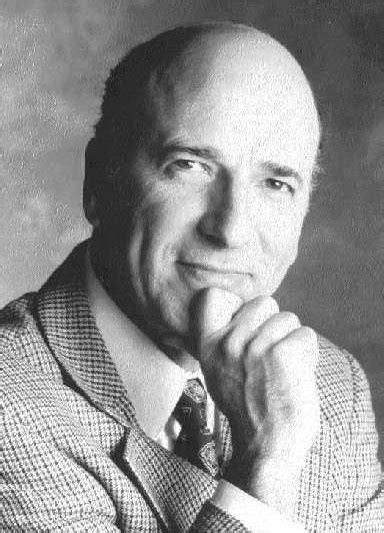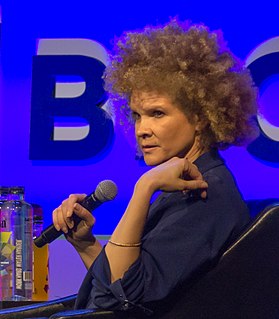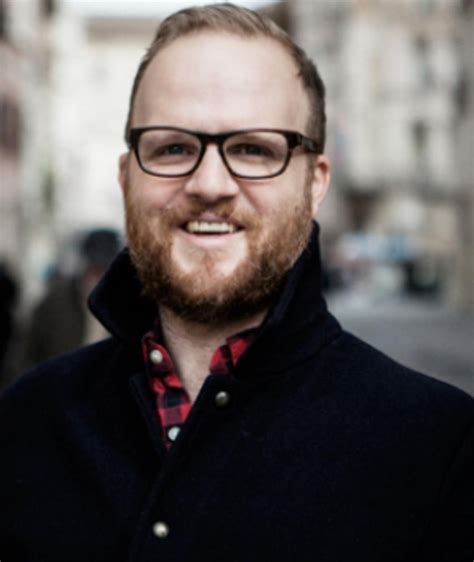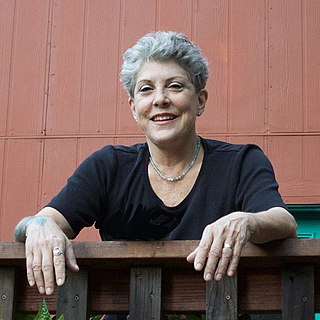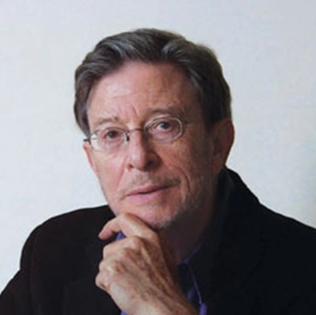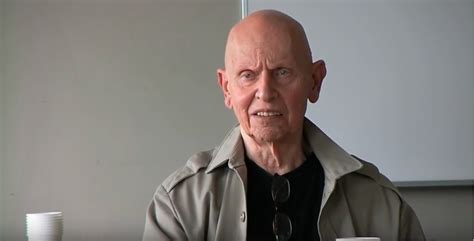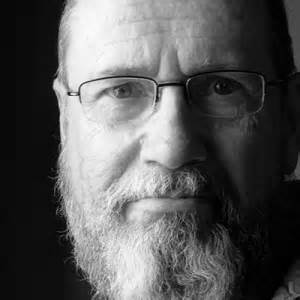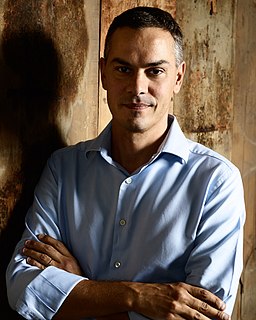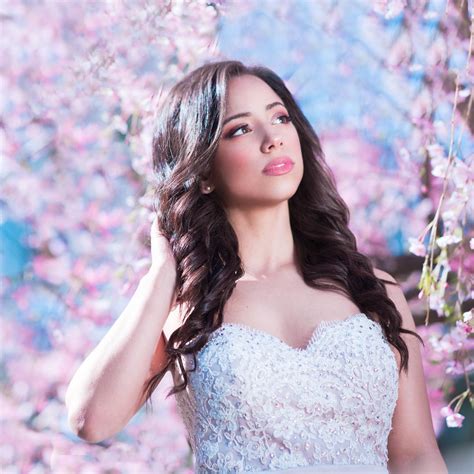Top 389 Narratives Quotes & Sayings
Explore popular Narratives quotes.
Last updated on April 14, 2025.
You could ask: Why are people attracted to narratives that justify the terrible things that we're doing to the planet? Why are people attracted to narratives of control and fear and hunting down the terrorists, and this uncaring attitude toward nature? These come from what I call the perceptions of separation and the experience of separation, the experience of alienation, the experience of scarcity and anxiety and competition, and a world in which everybody is out for themselves and nobody cares.
It is however, difficult to make your narratives relative by yourself. A novelists' work is to provide models to make your narratives relative. If you read my novels then you may feel, "I have the same experience as this narrative", or "I have the same idea as this novel". It means that your narrative and mine sympathize, concord and resonate together.
I think we all are born inside of our parents' narratives. We stay there for a good while. We are taught their narratives about everything: their marriage, the world, God, gender, identity, etcetera. Then, at some point, our own narrative develops too much integrity to live inside that story. We don't ever fully escape it, but we move into our own stories.
We normally think of history as one catastrophe after another, war followed by war, outrage by outrage - almost as if history were nothing more than all the narratives of human pain, assembled in sequence. And surely this is, often enough, an adequate description. But history is also the narratives of grace, the recountings of those blessed and inexplicable moments when someone did something for someone else, saved a life, bestowed a gift, gave something beyond what was required by circumstance.
Generally, I start by observing the existing and popular narratives in my social spheres and media, and the pressures I face in my own life experiences. As someone who is "newly" trans, I am constantly thinking about what the dominant narratives are around transness, how my work can push against these narratives, and how it already falls into these traps.
I'm interested in representation that falls outside of what would be socially appropriate, or acceptable, or beautiful. The world is going through a very fundamentalist moment. You have right-wing politics and misogyny and religion employed together everywhere - here in the US, with issues like abortion. Religion is a very fraught and complicated topic, but at the same time, like all grand historical narratives, there is a potential for challenging, or rethinking the kinds of subjectivities that these meta-narratives produce.
